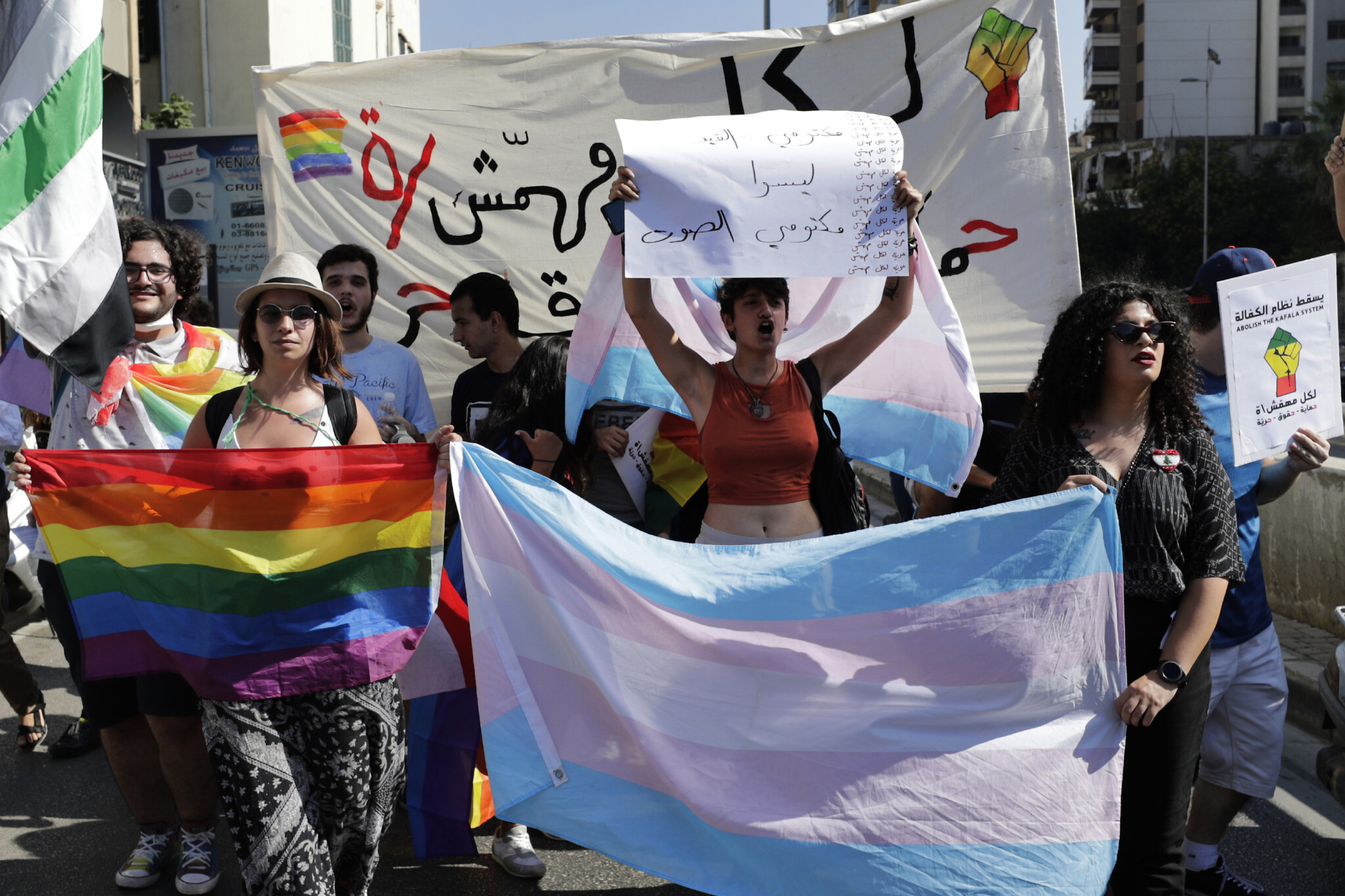A new report by Human Rights Watch (HRW) has revealed how state actors and private individuals across the Middle East and North Africa (MENA) region have been using dating apps, such as Tinder and Grindr, and social media to entrap lesbian, gay, bisexual and transgender people.
The report revealed that in doing so, state actors and private individuals are able to subject people to “online extortion, online harassment, and outing” by relying on “illegitimately obtained digital photos, chats, and similar information in prosecutions, in violation of the right to privacy, due process, and other human rights.”
HRW examined digital targeting through the lens of Egypt, Iraq, Jordan, Lebanon and Tunisia. The organisation conducted 120 interviews, 90 of which are with LGBT people affected by digital targeting and 30 others with expert representatives, such as lawyers and digital rights professionals.
It was based solely on examining how authorities across these five countries monitor social media platforms, particularly by creating fake profiles to impersonate LGBT people and entrap them, before unlawfully searching their personal devices to collect private information to enable their prosecution.
The report found that “the targeting of LGBT people online is enabled by their legal precarity offline.” Targeting becomes particularly favoured due to the fact that there is an absence of legislation or sufficient digital platform regulations protecting LGBT people from discrimination online and offline.
Many of the cases examined uncovered how security forces and prosecturos used photos, Whatsapp chats, and same-sex dating applications as a basis for their prosecution and abuses against them.
The report also documented 45 cases of arbitrary arrest involving 40 LGBT people in Egypt, Jordan, Lebanon and Tunisia.
“In every instance of arrest, security forces saearched individuals’ phones, mostly by force or under threat of violence, to collect – or even create – personal digital information to enable their prosecution,” the report stated.
It also received the judicial files for 23 cases of LGBT people prosecuted “based on digital evidence under laws criminalizing same-sex conduct, “inciting debauchery,” “debauchery,” “prostitution,” and cybercrime laws in Egypt, Jordan, Lebanon and Tunisia.”
You can access the full report here.


